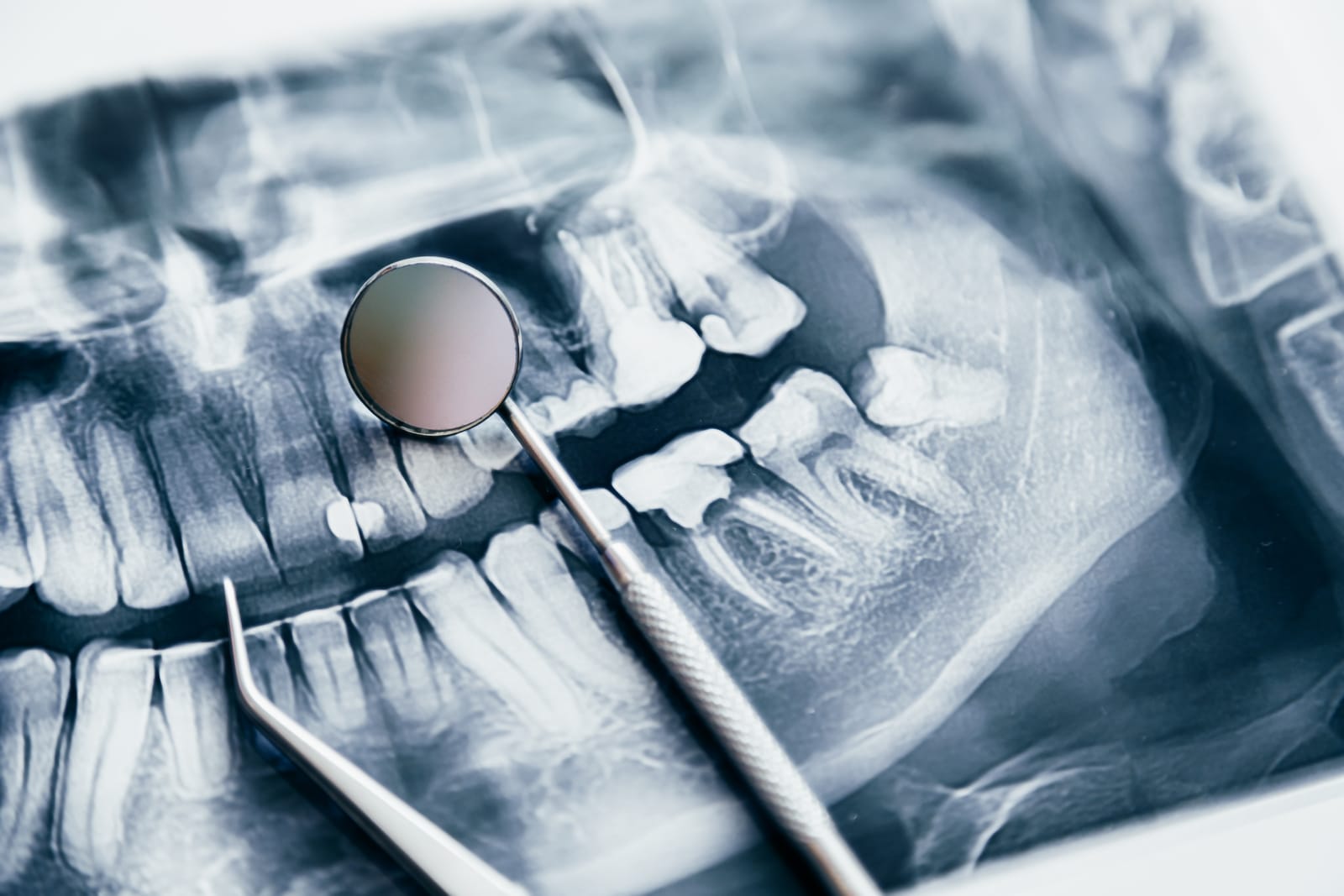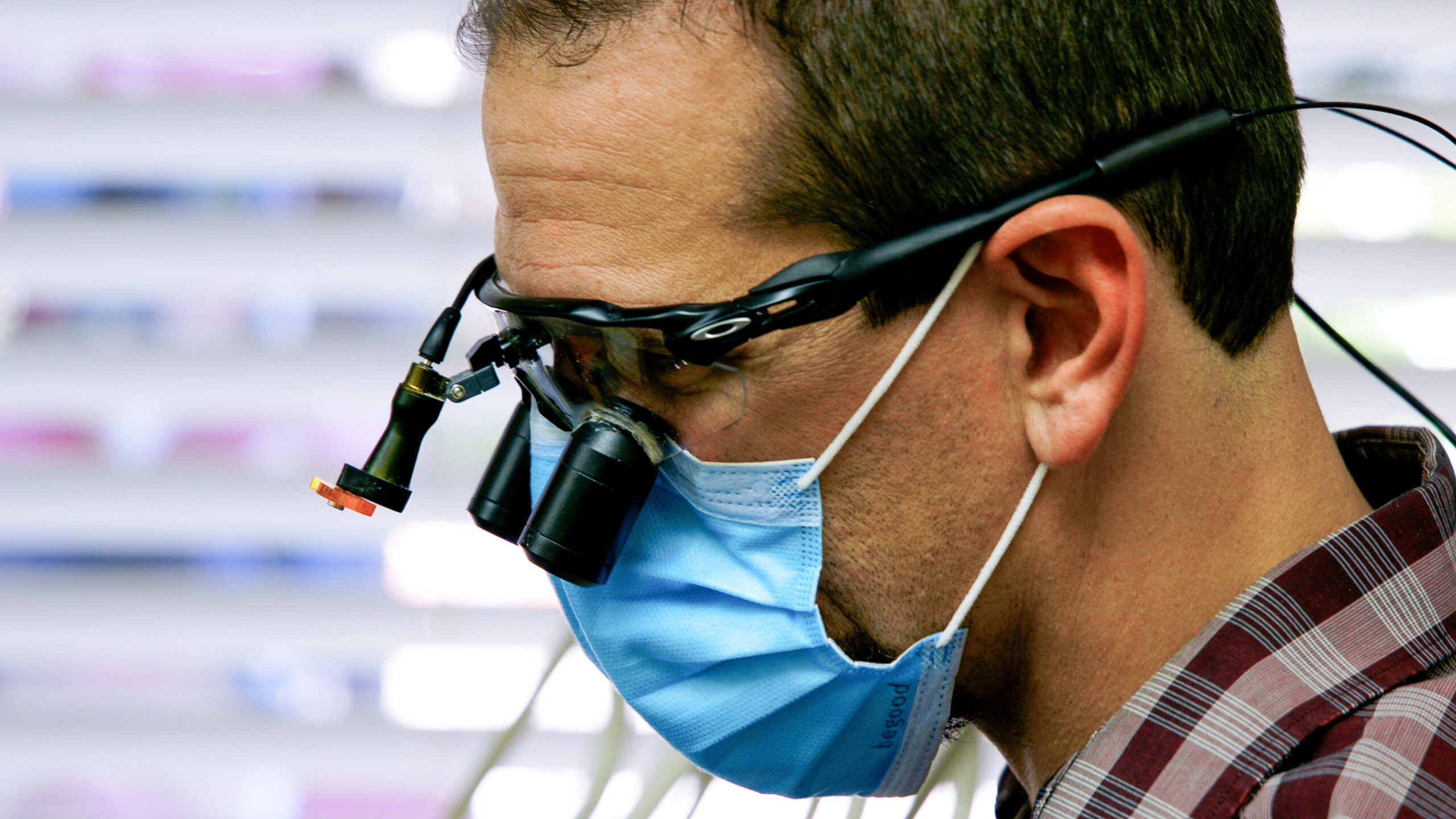How Do You Get Rid Of Cold Sores? Fast Relief Tips
Cold sores affect millions of people worldwide, causing painful blisters that can disrupt daily life and dent your confidence. These frustrating outbreaks often appear at the worst possible moments, leaving you searching for quick and effective relief options. Understanding how to treat cold sores promptly can significantly reduce their duration and severity. Moreover, knowing when…


